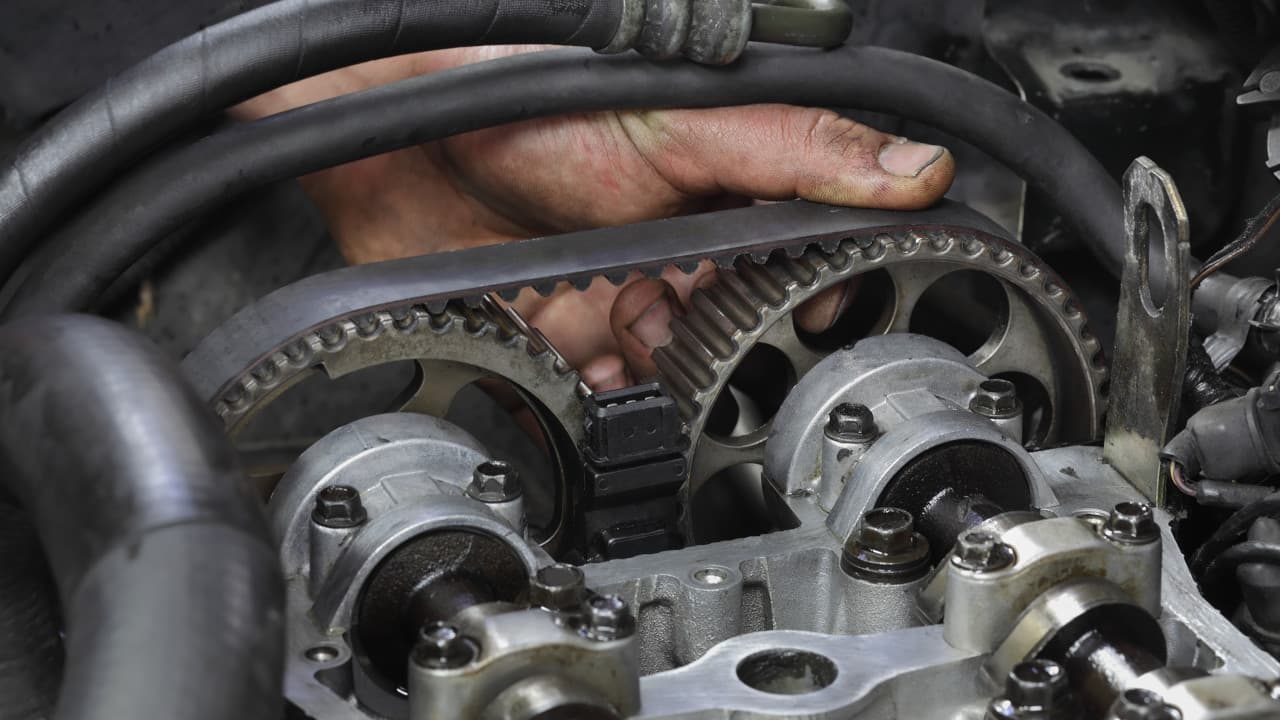- Arabic
- French
- Russian
- Spanish
- Portuguese
- Turkish
- Armenian
- English
- Albanian
- Amharic
- Azerbaijani
- Basque
- Belarusian
- Bengali
- Bosnian
- Bulgarian
- Catalan
- Cebuano
- Corsican
- Croatian
- Czech
- Danish
- Dutch
- Afrikaans
- Esperanto
- Estonian
- Finnish
- Frisian
- Galician
- Georgian
- German
- Greek
- Gujarati
- Haitian Creole
- hausa
- hawaiian
- Hebrew
- Hindi
- Miao
- Hungarian
- Icelandic
- igbo
- Indonesian
- irish
- Italian
- Japanese
- Javanese
- Kannada
- kazakh
- Khmer
- Rwandese
- Korean
- Kurdish
- Kyrgyz
- Lao
- Latin
- Latvian
- Lithuanian
- Luxembourgish
- Macedonian
- Malgashi
- Malay
- Malayalam
- Maltese
- Maori
- Marathi
- Mongolian
- Myanmar
- Nepali
- Norwegian
- Norwegian
- Occitan
- Pashto
- Persian
- Polish
- Punjabi
- Romanian
- Samoan
- Scottish Gaelic
- Serbian
- Sesotho
- Shona
- Sindhi
- Sinhala
- Slovak
- Slovenian
- Somali
- Sundanese
- Swahili
- Swedish
- Tagalog
- Tajik
- Tamil
- Tatar
- Telugu
- Thai
- Turkmen
- Ukrainian
- Urdu
- Uighur
- Uzbek
- Vietnamese
- Welsh
- Bantu
- Yiddish
- Yoruba
- Zulu
ఆగ . 19, 2024 04:23 Back to list
Understanding the Importance of Geely Timing Belt for Vehicle Performance and Longevity
Understanding Geely Timing Belts Importance and Maintenance
Timing belts play a crucial role in the operation of internal combustion engines, and for Geely vehicles, this component is no exception. Established in 1986, Geely has grown to become one of the largest privately-owned automakers in China. Over the years, the company has expanded its offerings, and understanding the significance of the timing belt is essential for any Geely owner.
What is a Timing Belt?
A timing belt is a critical component that synchronizes the rotation of the engine's crankshaft and camshaft. This synchronization ensures that the engine’s valves open and close at the proper times during each cylinder's intake and exhaust strokes. A well-functioning timing belt keeps the engine running smoothly and efficiently, which is essential for performance and fuel economy.
The Importance of the Timing Belt
In Geely vehicles, just like in other modern cars, the timing belt is integral to engine performance. If the timing belt fails or becomes misaligned, it can lead to significant engine damage. In many cases, such an event could result in a catastrophic failure, where the pistons collide with the valves, necessitating extensive and expensive repairs. Therefore, understanding when and how to maintain the timing belt is essential for vehicle longevity.
Maintenance and Replacement
Geely recommends regular inspection and timely replacement of the timing belt to prevent unexpected failures. Typically, the timing belt should be replaced every 60,000 to 100,000 kilometers, depending on the model and driving conditions. However, it’s always best to refer to the owner's manual for specific recommendations related to your Geely vehicle.
geely timing belt

When inspecting the timing belt, look for any signs of wear, such as fraying, cracking, or glazing. A worn-out timing belt not only risks engine failure but can also lead to decreased performance and efficiency. It is advisable to have the belt replaced by a certified technician who understands Geely's specifications and requirements to ensure compatibility and proper installation.
Signs of Timing Belt Issues
As a Geely owner, being alert to the signs of timing belt issues can save you from potential engine damage. Some common indicators include
1. Unusual Noises A ticking or squealing noise from the engine may indicate that the timing belt is loose or failing. 2. Engine Misfiring If the timing belt is worn or broken, it can cause the engine to misfire or run unevenly.
3. Oil Leaks If you notice oil pooling around the front of the engine, this could suggest a problem with the timing belt cover or the seals, which may be worn due to belt wear.
4. Check Engine Light A solid or blinking check engine light could indicate numerous issues, one of which may involve the timing belt.
Conclusion
The timing belt is a vital component that ensures the efficient operation of Geely vehicles. Regular maintenance and timely replacement can prevent significant engine problems and prolong the life of your vehicle. As a responsible Geely owner, staying informed about your car's needs will not only enhance your driving experience but also protect your investment. By keeping an eye on the timing belt’s condition and adhering to maintenance schedules, you can ensure that your Geely runs smoothly for years to come.
-
Korean Auto Parts Timing Belt 24312-37500 For Hyundai/Kia
NewsMar.07,2025
-
7PK2300 90916-T2024 RIBBED BELT POLY V BELT PK BELT
NewsMar.07,2025
-
Chinese Auto Belt Factory 310-2M-22 For BMW/Mercedes-Benz
NewsMar.07,2025
-
Chinese Auto Belt Factory 310-2M-22 For BMW/Mercedes-Benz
NewsMar.07,2025
-
90916-02660 PK Belt 6PK1680 For Toyota
NewsMar.07,2025
-
drive belt serpentine belt
NewsMar.07,2025

